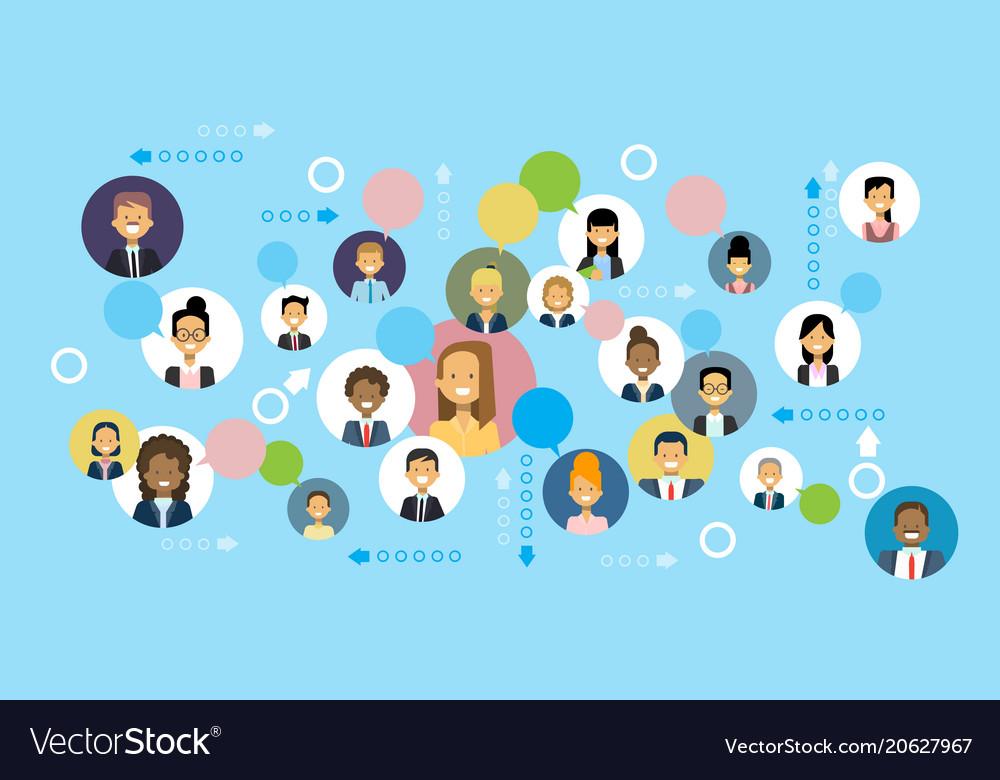Explore the World's Best Ideas
Join today and uncover 100+ curated journeys from 50+ topics. Unlock access to our mobile app with extensive features.
A Few Research Skills Students Need To Succeed
This is a summary of ideas presented by the linked scholastic article.
5
18 reads
Check Your Sources
In this age of technology, it's more important than ever that students thoroughly check the validity of the sources they use and make sure they fit the context of their project or problem. One helpful tool to do this is a series of benchmarks detailing the specifications certain websites need to meet in order to be considered trustworthy and valid for information. Routinely comparing the sites you find to the benchmarks will get you familiar with what reliable sources look like and ultimately make your arguments and ideas more sound.
5
5 reads
Ask Good Questions
Have you ever found yourself needing to search for something more than once? Did you yield better results from narrowing down your search? The answer to those questions, for most people, is yes. Being able to ask clarifying questions with specific language is crucial to finding the answers you need to academically succeed. Specificity is important and allows you to assimilate information and adapt ideas.
5
8 reads
Go Beyond the Surface
Going beyond the surface sounds self-explanatory. In this case “the surface” can mean whatever source you first found or question you first asked. Going beyond what you first encounter and using multiple sources really aids students in getting a better understanding of what they’re working on. Think of it as a blanket. The blanket itself is your surface-level source of knowledge and whatever is hiding underneath is your deeper source of knowledge. If you never lift the blanket, you’ll never learn what was underneath, why it was covering something, or how that something could impact you.
5
4 reads
Be Patient
For a lot of students, especially younger ones, spending copious amounts of time researching information can get boring and monotonous. Being patient is not only important to finding information but also just for your mental health. This includes being patient with yourself. The article takes note that kids today are used to information being on demand so it's significantly harder for them when it isn’t. It’s important to try your best and find sources that support and answer your questions, even if they aren’t “google-able.”
5
4 reads
Respect Ownership
Piracy is a real issue that a lot of students, specifically teens, can’t grasp. Stealing work without property credit or payment is disrespectful. Here’s something to think about: whether you think it's morally correct or not to download music illegally, how would you feel if you put time, effort, money, and resources into an album and got no pay in return? Asking students to emotionally involve themselves in these conversations can hopefully help them learn to respect ownership and apply it to their research skills.
5
4 reads
Use Your Networks
We’re all familiar with social networking sites like Facebook, Instagram, Twitter, Reddit, and so on. Using these networks to gather and share information can be really beneficial to student research but only when that information is critically assessed. The article makes it clear that sharing information is not the same as plagiarizing it. Even for sites such as Wikipedia, it's imperative that you check your resources and make sure you’re getting the most accurate information.
5
4 reads
Teens & Technology
Along with major technological advancements the world has made, there have also been major advancements in research on how technology affects adolescent development. The article shortly summarizes 3 topics; Multitasking, sleep, and online expression. Teens often multitask due to technological distractions like phones, TVs, and game consoles. Sleep patterns are warped by technology in the bedroom. Expressing yourself online is easy because of anonymity, which can either encourage safe spaces or bullying. Technology affects most aspects of our lives and it will only continue to.
5
4 reads
IDEAS CURATED BY
CURATOR'S NOTE
These ideas are important to me because the core of education is research and new ideas.
“
Aminah Larsen's ideas are part of this journey:
Learn more about technologyandthefuture with this collection
The differences between Web 2.0 and Web 3.0
The future of the internet
Understanding the potential of Web 3.0
Related collections
Similar ideas
15 ideas
1 idea
1 idea
Read & Learn
20x Faster
without
deepstash
with
deepstash
with
deepstash
Personalized microlearning
—
100+ Learning Journeys
—
Access to 200,000+ ideas
—
Access to the mobile app
—
Unlimited idea saving
—
—
Unlimited history
—
—
Unlimited listening to ideas
—
—
Downloading & offline access
—
—
Supercharge your mind with one idea per day
Enter your email and spend 1 minute every day to learn something new.
I agree to receive email updates








